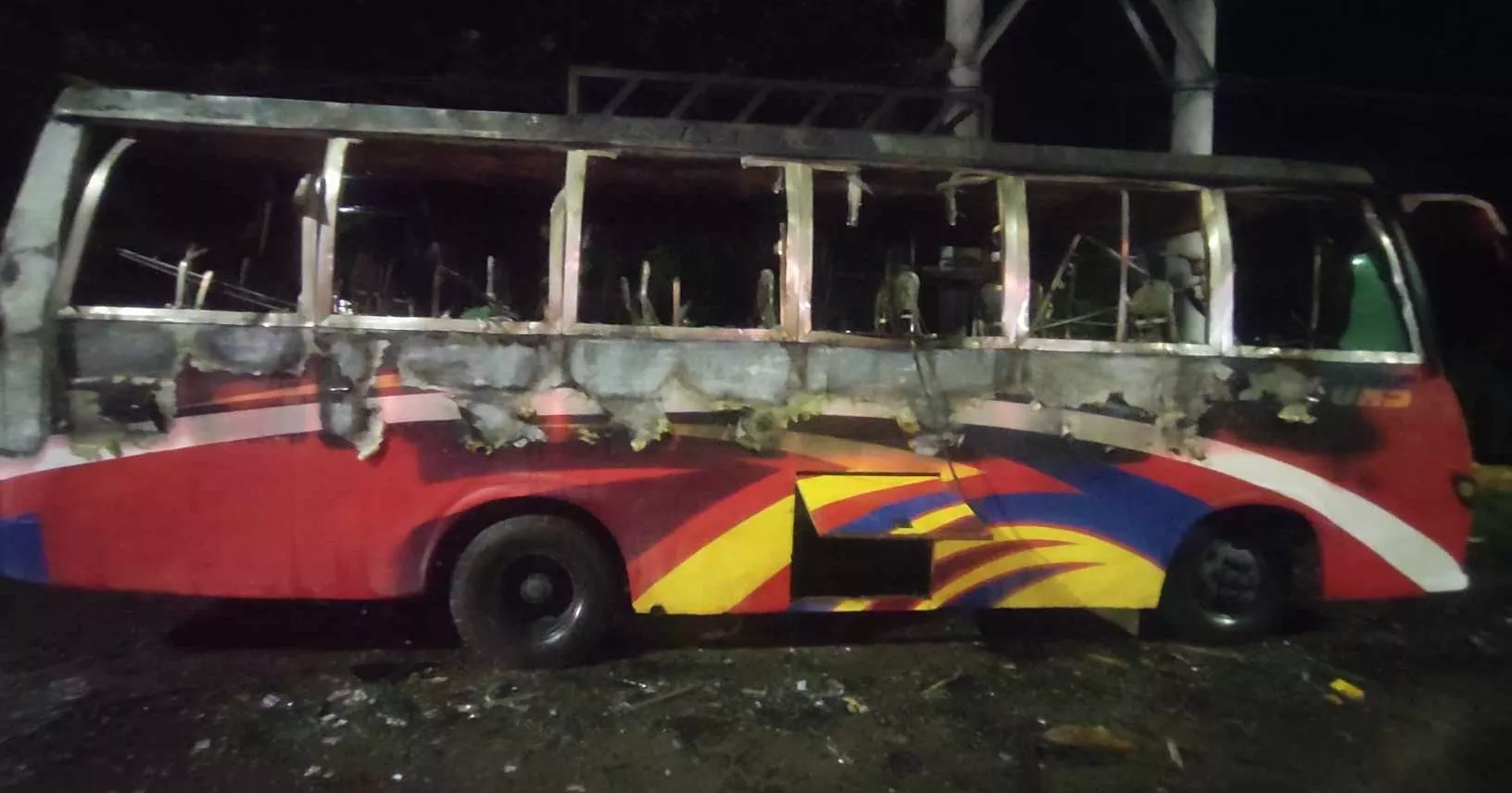The 48-hour nationwide blockade called by the opposition parties in Bangladesh disrupted intercity connectivity on its first day amid sporadic incidents of violence. The blockade is being enforced by the primary opposition party, the Bangladesh Nationalist Party (BNP), and its political allies, Jamaat-e-Islami. Their aim is to exert pressure on the ruling Awami League government led by Sheikh Hasina to step down and hold the next election, which is due in January 2024, under a non-party, neutral administration.
Ruhul Kabir Rizvi, the senior joint secretary general of the BNP, said at a press conference that the blockade program would continue until 6:00 am on Tuesday across the country.
On the first day of the blockade, more than 15 buses were set on fire in various locations across the country, including the capital, Dhaka, as reported by the Fire Service and Civil Defence.
Public transportation was notably scarce, and most inter-district buses refrained from operating due to both a lack of passengers and concerns about arson. In Dhaka, commuters predominantly relied on CNG-run auto-rickshaws, motorcycles, and rickshaws, as they avoided public buses, which had become targets for agitators on the roads in the previous week.
The disruption in transport connections with other parts of the country has led to an increase in the scarcity of essential goods in the capital and other major cities.
Leaders and activists from the ruling Awami League and its affiliated groups were observed at various locations in the capital, conducting brief rallies and processions.
There was a noticeable heavy presence of law enforcement agencies patrolling the roads and safeguarding key public buildings. A total of 228 platoons from the Border Guard Bangladesh (BGB) have been deployed nationwide to support law enforcement in maintaining law and order during the second day of the 48-hour nationwide blockade. Shariful Islam, the Public Relations Officer (PRO) at BGB, confirmed this deployment.














